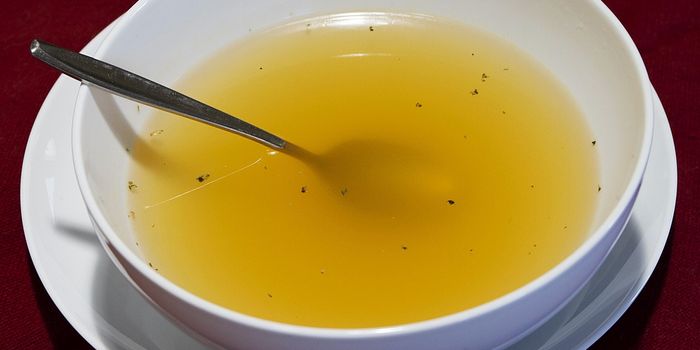Likely Cause of Polycystic Ovarian Syndrome ID'ed
Polycystic ovary syndrome (PCOS) is a leading cause of infertility in women and can be a cause of miscarriage. Now research has identified a possible cause of this disorder, which has been unknown. Scientists from the French National Institute of Health and Medical Research have found that overexposure to a molecule called anti-Mullerian hormone, or AMH, leads to PCOS in a mouse model. The work has been reported in Nature Medicine and is briefly outlined in the video.
In women affected by PCOS, multiple cysts grow on the ovaries; they have irregular periods and might have trouble getting pregnant. It is found in women that also have high levels of male hormones, which can lead to excess hair growth on the body and face.
The treatments for the disease have a host of nasty side effects; there are risks for cardiovascular disease, type 2 diabetes, and infertility.
The scientists posited that when a fetus is exposed to high levels of AMH, it disrupts signals coming from the GnRH receptor. That leads to the symptoms seen in PCOS, and also presents a new therapeutic target for drug development.
The investigators found that pregnant women that have PCOS also have levels of AMH that are 30 percent higher than they should be. The disorder tends to cluster in families, so the researchers thought that the hormone might have something to do with the development of the disorder.
They used pregnant mice to show that fetuses that are exposed to high levels of AMH will develop PCOS. The mice in their study had a delayed onset of puberty, ovulated infrequently, got pregnant later and had fewer pups than unaffected mice, which are all signs of the disorder.
Intriguingly, the scientists were able to reverse the symptoms of the disease in mice when they used the drug cetrorelix, an IVF medication.
"It could be an attractive strategy to restore ovulation and eventually increase the pregnancy rate in these women," commented lead author Dr. Paolo Giacobini, to New Scientist.
The researchers think this may be why finding a genetic cause for PCOS has been so elusive. They also hope to begin drug trials by the end of the year to test its efficacy in people.
Sources: New Scientist, Mayo Clinic, Nature Medicine









